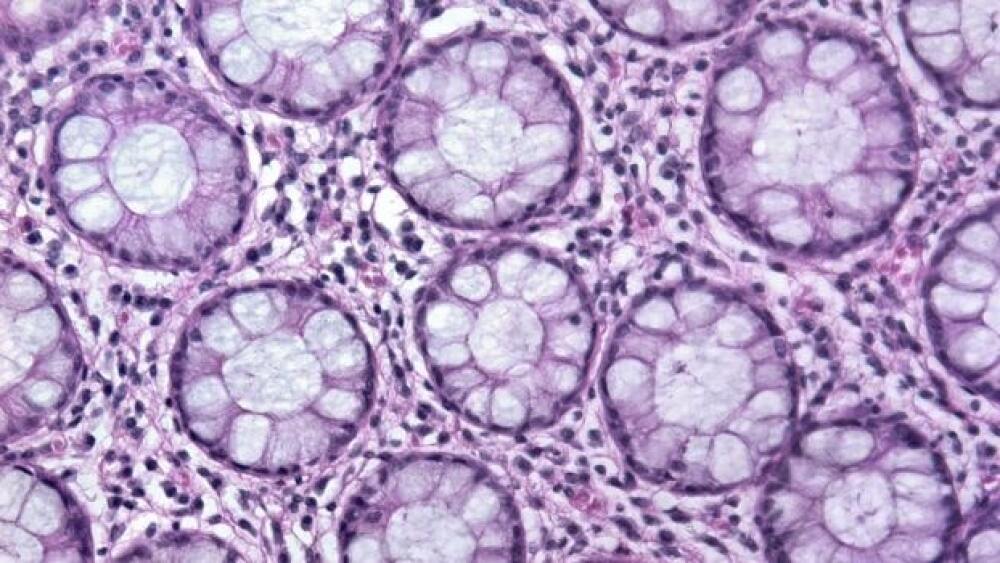PAQ Therapeutics secured $30 million in Series A financing to develop new therapeutics for diseases by enhancing the body’s ability to clear out damaged cells so it can regenerate newer, healthier ones.
Led by former Kymera Therapeutics Vice President of Chemistry Nan Ji, startup PAQ Therapeutics secured $30 million in Series A financing to develop new therapeutics for diseases by enhancing the body’s ability to clear out damaged cells so it can regenerate newer, healthier ones.
PAQ Therapeutics is focused on the emerging field of autophagy. The company’s goal is to develop novel autophagosome-tethering compounds that can catalyze the degradation of damaged cells that can cause disease. The Cambridge, Mass.-based company is initially focused on developing a therapeutic for an undisclosed genetic neurodegenerative disorder. That could soon expand into additional areas of focus. PAQ said its approach has the potential to treat a range of diseases that currently have no therapeutic options.
PAQ’s approach uses novel autophagosome-tethering compounds (ATTECs), which are small molecules that have the potential to kick-start and accelerate the body’s capabilities of clearing out damaged cells. Autophagy could be complementary to protein degradation-focused companies, such as Roivant Sciences, Vertex Pharmaceuticals, recently-launched BioTheryX, and of course, Ji’s former employer, Kymera Therapeutics. In its announcement this morning, PAQ said its ATTECs can be aimed at a wide range of disease-causing substrates, including proteins and non-protein substrates, such as aggregates, mitochondria, lipids and pathogens.
Ji, who is the co-founder, president and chief executive officer of PAQ Therapeutics, said the company’s goal is to “hijack the powerful autophagy pathway” in order to eliminate those disease-causing substrates from the body.
“PAQ’s ATTEC technology provides a complementary and differentiated platform to targeted protein degradation (TPD), which works through the ubiquitin-proteosome (UPS) pathway,” Ji said in a statement. “Our autophagy-dependent approach further supports a pivotal moment in the evolution of drug discovery and design by expanding our ability to target the disease-causing substrates beyond proteins underlying diseases with limited or no treatment options.”
The $30 million Series A financing will allow the startup to advance its ATTEC platform and drive its investigational assets toward the clinic.
The Series A financing round was led by Sherpa Healthcare Partners. Huagai Capital, MSA Capital, and MRL Ventures Fund also supported the funding. PAQ’s seed investors Nest.Bio Ventures and Matrix Partners China participated in the financing round as well.
Cheng Xing, managing partner of Sherpa Healthcare Partners, touted the small, but impressive team Ji and his co-founder Huaixiang Hao, head of Biology and Professor Boxun Lu of Fudan University in Shanghai, have assembled. Xing also praised the promise of PAQ’s ATTEC platform.
“We see tremendous potential for autophagy-dependent degradation to achieve major therapeutic innovations leveraging the flexibility of small molecules to create cures and overcome serious diseases where therapeutic options are limited for patients,” Xing said in a statement.
Supporting PAQ’s autophagy focus is its scientific advisory board that includes noted research leaders in the field of autophagy, as well as neuroscience and drug discovery. The advisors include David Rubinsztein, Professor of Molecular Neurogenetics and a UK Dementia Research Institute Group Leader at the University of Cambridge; Jared Rutter, Distinguished Professor of Biochemistry and the Dee Glen and Ida Smith Endowed Chair for Cancer Research at the University of Utah; and Jin-Quan Yu, the Frank and Bertha Hupp Professor of Chemistry at The Scripps Research Institute.





